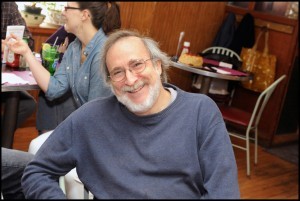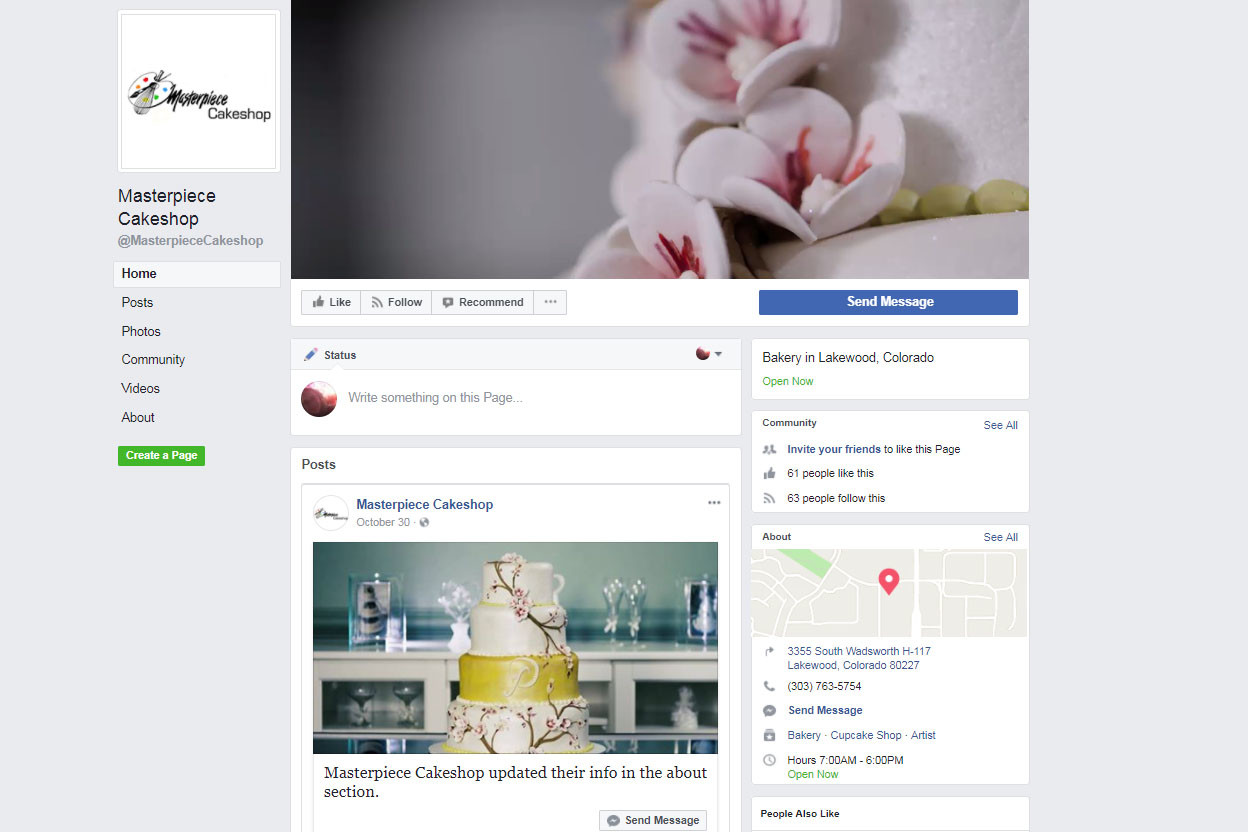This is the week that attorneys at the U.S. Supreme Court literally served up food for thought.
They asked, on behalf of the Masterpiece Cakeshop of Lakewood, Colo., whether a wedding cake is just a wedding cake — or grounds for defending what they call Christian beliefs.
The folks who own the Masterpiece Cakeshop believe it is the latter. They make this claim in order not to sell a wedding cake to a gay couple. They say it violates their First Amendment rights to freedom of speech.
Are we talking here about a magical talking cake?
In a sense, yes – according to the argument proposed this week by attorney Kristen Waggoner. She told the high court that the Masterpiece folks “intended to speak through that cake,” and that they were “creating a painting on that canvas that expresses messages.”
To which Solicitor General Noel Francisco, speaking for the Trump administration, added his backup plea, arguing that “the cake rises to the level of speech.”
What we have here, beside a recipe of bad puns – the cake rising, the bakery’s attorneys named Noel and Kristen defending alleged Christian beliefs – is an argument we thought the country had already settled.
In a time when gays and lesbians have been given the go-ahead to legally marry, whoever imagined the wedding ceremony wouldn’t include the right to “let them eat cake”?
Or as Justice Sonia Sotomayor asked this week: Since when has the Supreme Court ever “given protection to food”?
The question’s only partly facetious. Jack Phillips, owner of the bakery, refused to bake a wedding cake for Charlie Craig and David Mullins. The Colorado Civil Rights Commission declared that Phillips violated the state’s Anti-Discrimination Act.
And Phillips’ attorneys, appealing the decision, argued that his First Amendment rights were violated due to his deeply held religious beliefs that marriage is a union between one man and one woman. Since Phillips claims his dispute comes from his Christian beliefs, it should be fair to ask where, in the New Testament, did Jesus make any reference either to wedding cakes or to gay weddings?
Let’s also ask: If this bakery (or any commercial establishment) can discriminate based on customers’ private lives, what’s to stop them from refusing sales based on how people pray, how they dance or how they eat their food?
Let’s also ask: If any commercial establishment wants to be so stupid, so rude, so discriminatory, as to refuse dealing with anybody based on their private lives, why should any other customers, regardless of their own private beliefs, ever want to spend money with such a company?
 A former Baltimore Sun columnist and WJZ-TV commentator, Michael Olesker is the author of six books. His most recent, “Front Stoops in the Fifties: Baltimore Legends Come of Age,” has just been re-issued in paperback by the Johns Hopkins University Press.
A former Baltimore Sun columnist and WJZ-TV commentator, Michael Olesker is the author of six books. His most recent, “Front Stoops in the Fifties: Baltimore Legends Come of Age,” has just been re-issued in paperback by the Johns Hopkins University Press.
Top image: Masterpiece Cakeshop Facebook page (screen grab)





